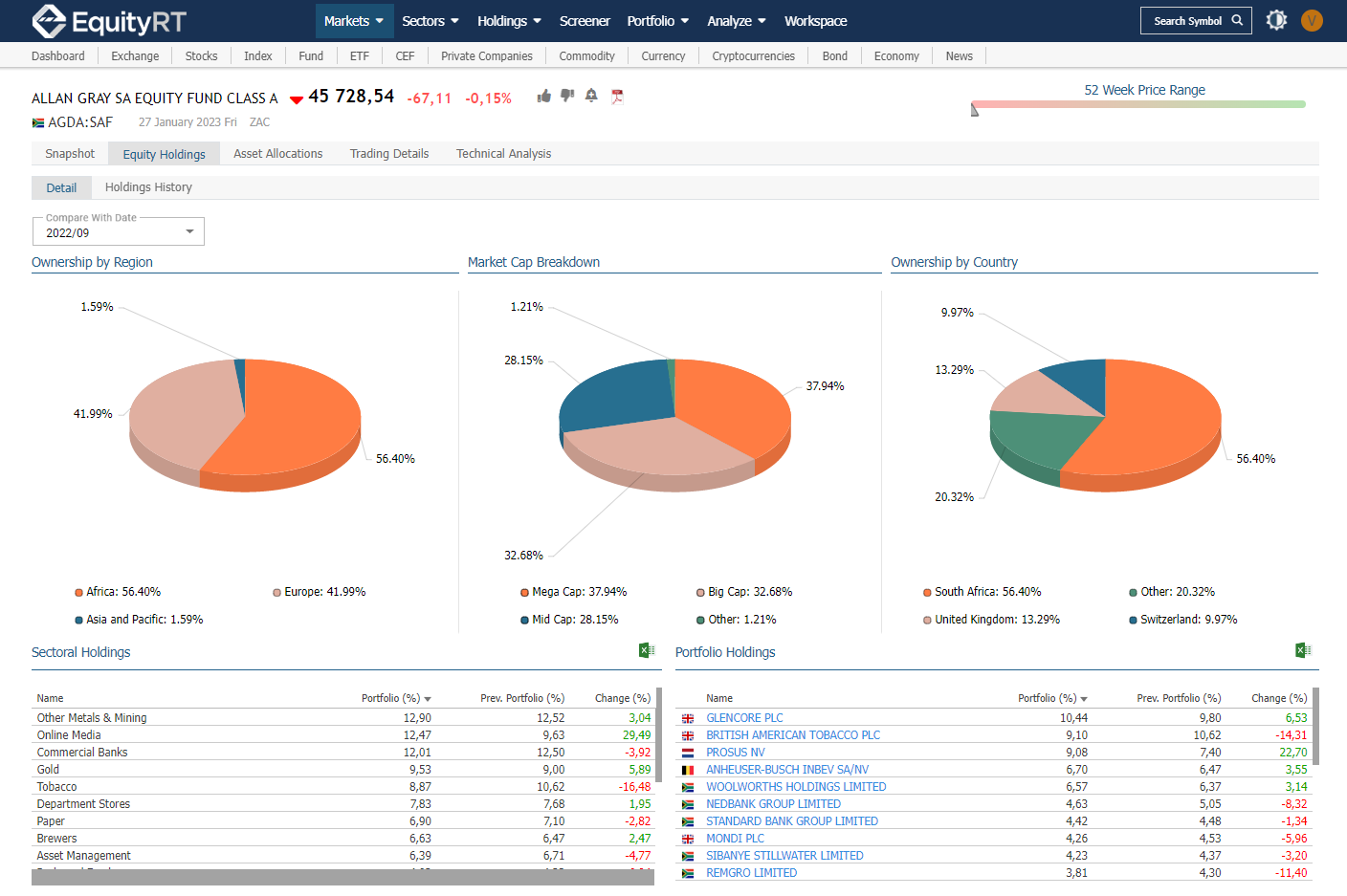Funds
What is a Mutual Fund?
A mutual fund is a type of investing vehicle that owns a portfolio of assets and sells shares to investors. Financial professionals establish mutual funds, manage the assets held by the fund, and attempt to generate returns for their investors.
Mutual funds give small or individual investors access to professionally managed portfolios of equities, bonds, and other securities. Each shareholder, therefore, participates proportionally in the gains or losses of the fund. Mutual funds invest in a vast number of securities, and performance is usually tracked as the change in the total market cap of the fund—derived by the aggregating performance of the underlying investments.
Fund Management
A manager or team of managers outline each mutual fund’s goals and manage its investments. Managers have an outsized impact on how funds deliver returns over time—the manager of your mutual fund can make or break your mutual fund investment.
The performance of a mutual fund manager is measured against a benchmark index. For example, the manager of a large-cap equity fund would attempt to beat the annual return on the S&P 500. Exceeding the annual returns of the benchmark is how fund managers justify their fees.
Types of Mutual Funds
Mutual funds are divided into several kinds of categories, representing the kinds of securities they have targeted for their portfolios and the type of returns they seek.
There is a fund for nearly every type of investor or investment approach. Other common types of mutual funds include money market funds, sector funds, alternative funds, smart-beta funds, target-date funds, and even funds-of-funds, or mutual funds that buy shares of other mutual funds.
